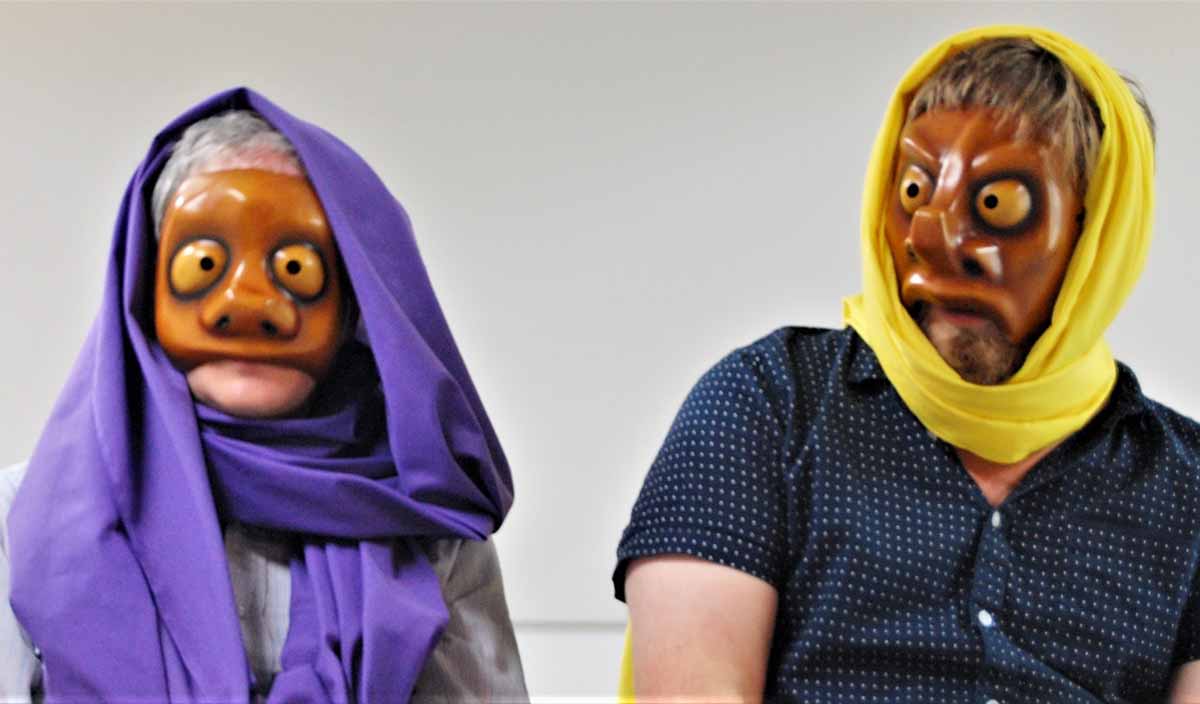Status
"Humans evolved in hierarchical societies and most of us acknowledge that status-seeking is a common, if sometimes regrettable, driver of human behaviour." - Steven Johnson, Wonderland
All social animals form pecking orders and we are no exception, even if we've come a long way to become adept at blurring the lines. Pecking orders regulate access to resources and minimise open conflicts until a significant change upsets the status quo. A person's rank, her status, can be obtained through both collaboration and competition and can vary according to surroundings and circumstances.
In The Secret of Our Success, Joseph Henrich draws a line between dominance-based status and prestige-based status, and he argues that prestige is a distinct evolutionary strategy, not a soft version of dominance.
Dominance
Status achieved through coercion, intimidation, force, or the ability to impose costs on others. This is common across many primate species and human societies.
Prestige
Status achieved through freely granted deference, based on perceived competence, knowledge, skill, or success. People choose to attend to, copy, and learn from prestigious individuals.
This is one of the book's central claims: humans evolved prestige as a solution to the problem of cultural learning.
Keith Johnstone dedicated a chapter of his book "Impro" to status. The notion is relevant to improvisers on many levels.


Status
"Humans evolved in hierarchical societies and most of us acknowledge that status-seeking is a common, if sometimes regrettable, driver of human behaviour." - Steven Johnson, Wonderland
All social animals form pecking orders and we are no exception, even if we came a long way. Pecking orders regulate access to resources and minimise open conflicts until a significant change upsets the status quo. A person's rank, her status, can be obtained through both collaboration and competition and can vary according to surroundings and circumstances.
In The Secret of Our Success, Joseph Henrich draws a line between dominance-based status and prestige-based status, and he argues that prestige is a distinct evolutionary strategy, not a soft version of dominance.
Dominance
Status achieved through coercion, intimidation, force, or the ability to impose costs on others. This is common across many primate species and human societies.
Prestige
Status achieved through freely granted deference, based on perceived competence, knowledge, skill, or success. People choose to attend to, copy, and learn from prestigious individuals.
This is one of the book's central claims: humans evolved prestige as a solution to the problem of cultural learning.
Keith Johnstone dedicated a chapter of his book "Impro" to status. The notion is relevant to improvisers on many levels.


As a person
What is your favourite place in the pecking order? Are you inclined to lead or to follow? Would you rather compete for attention or let other people speak for you? We are all status experts without necessarily realising it. We spent our teenage years fine-tuning our relation to the world and selecting the status that seemed to serve us best. In improvisation, status games allow us to explore our status strategy in both a concrete and light-hearted manner, and to experiment with alternatives.
As a player
Within the team, your status will continuously change according to circumstances. To serve the ensemble, you will have to alternate between staying in the background and taking the initiative. A flexible status will help you achieve this.
As a character
Your status can be high or low compared to other characters. It can be revealed in reaction to places, objects, ideas or feelings. With an awareness of status, your character emerges organically, in response to the world around it.
As a storyteller
Status swings offer an endless reservoir of possibilities. In short stories, they bring transformation. In more extended forms, the initial pecking order gets upset in the narrative process, with the resolution featuring the restoration of said order or the foundation of a new one.





